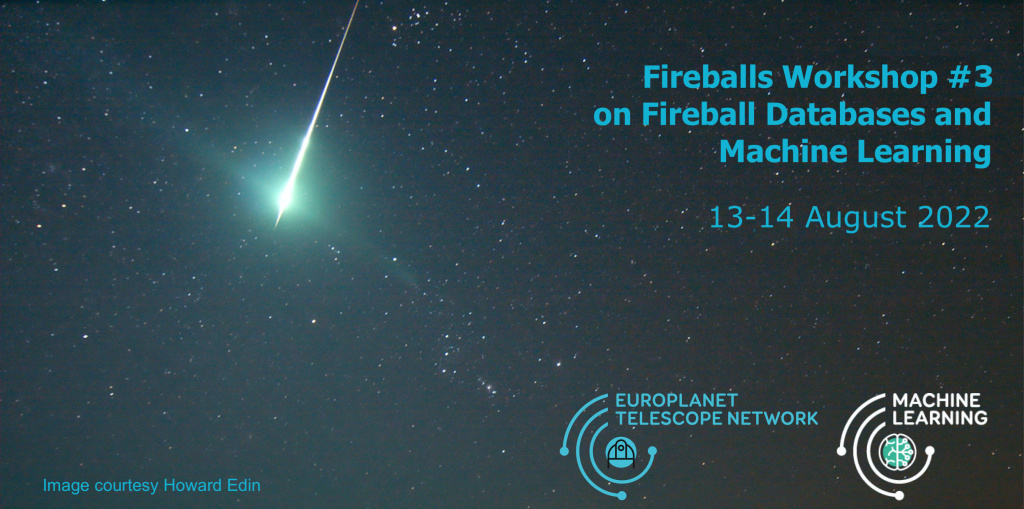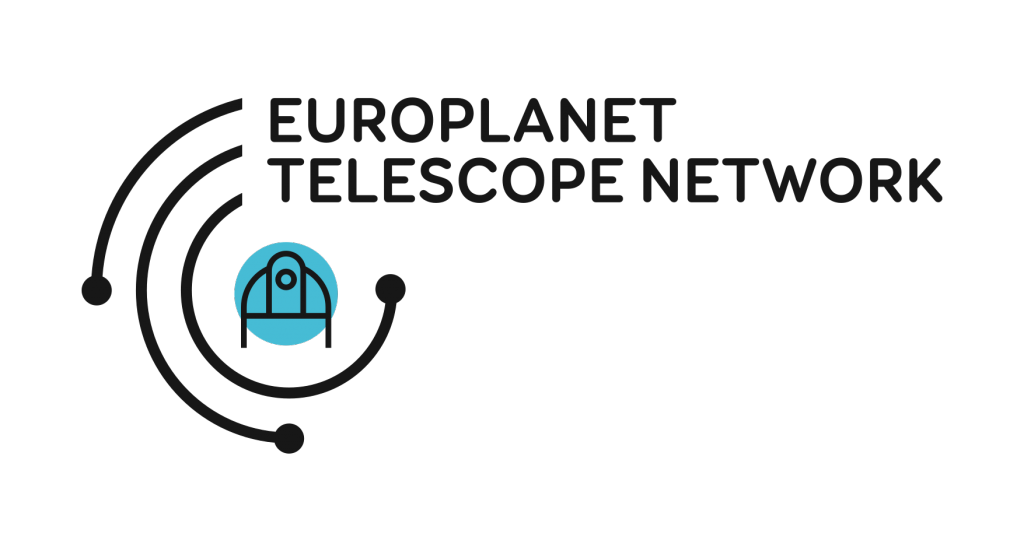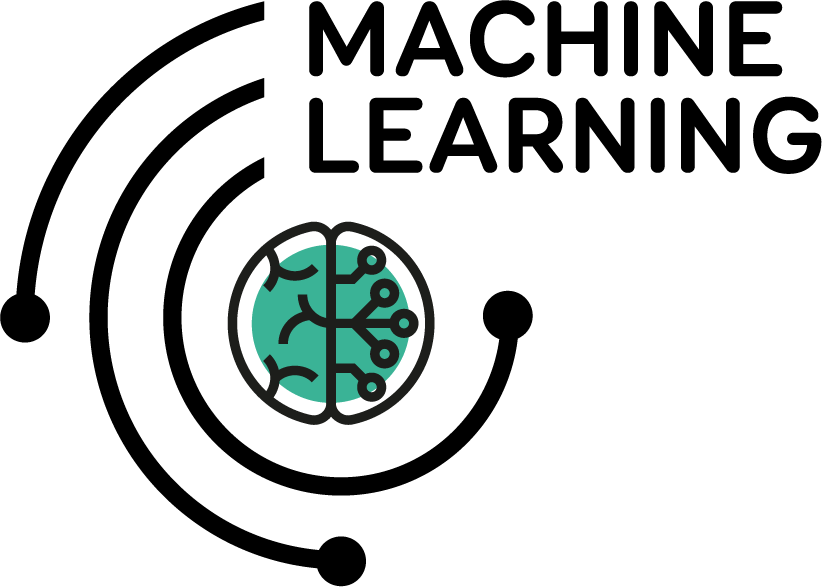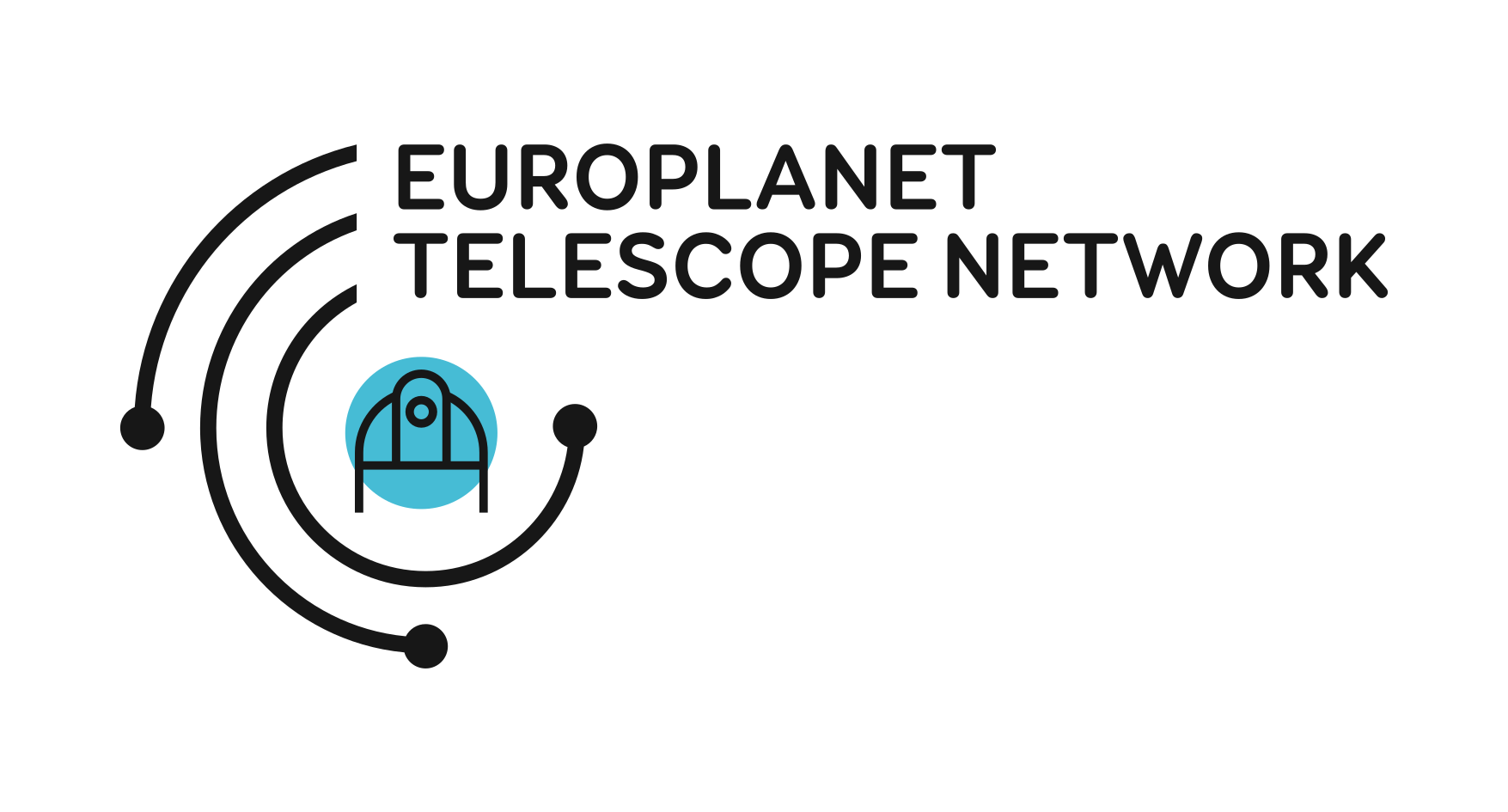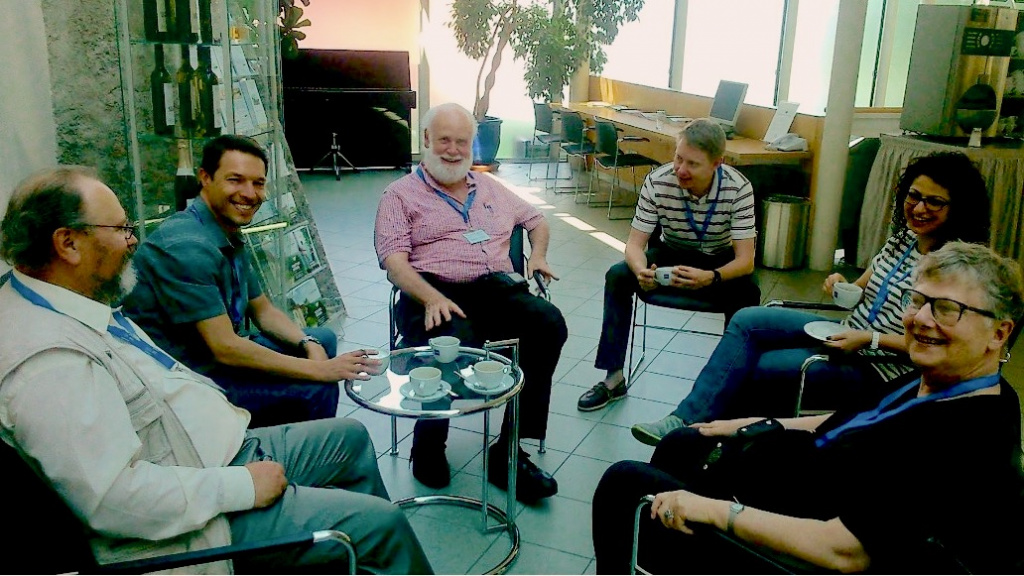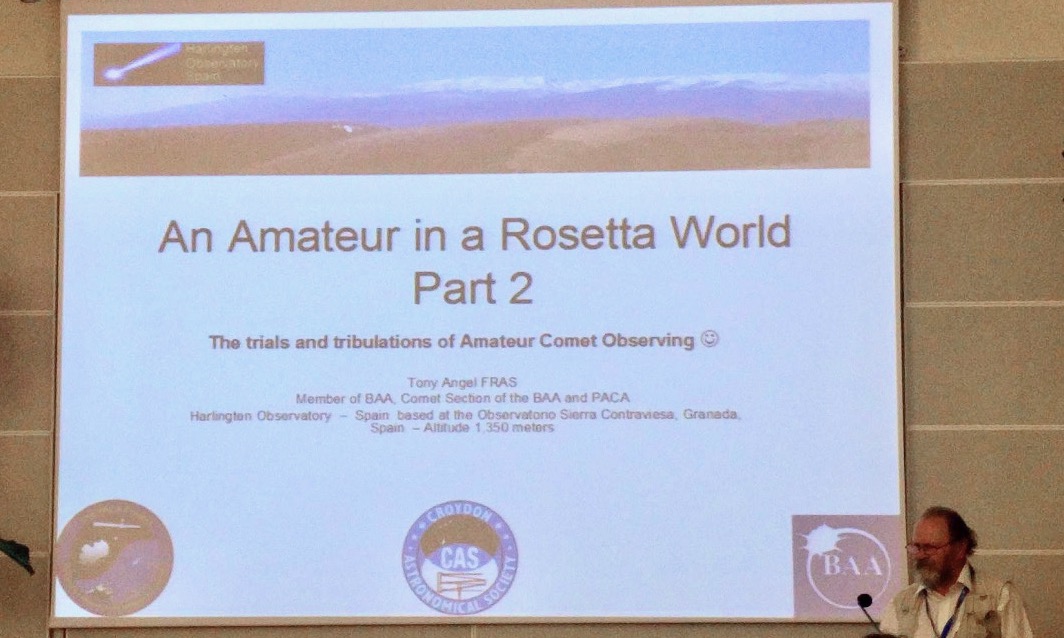Expert Exchange: Training on Theoretical Phase Curve Modelling
Europlanet 2024 RI’s Expert Exchange Programme aims to support the planetary community to share expertise and best practice, and to prepare new facilities and services. The programme provides funding for short visits (up to one week).
Ms. Milagros Colazo of IATE (Instituto de Astronomía Teórica y Experimental) in Córdoba, Argentina, visited Dagmara Oszkiewicz of the Institute Astronomical Observatory – Adam Mickiewicz in Poznan, Poland, from 22 October – 08 November 2022.
The aim of the visit was to provide training on theoretical phase curve modelling in support of possible future time applications for the Europlanet Telescope Network.
Characterising phase curves – the variation of the asteroid’s brightness as it moves along its orbit around the Sun – is an important area of asteroid studies. To obtain accurate phase curves, it is necessary to combine data from different epochs/observatories and use complex mathematical models to correct for variations in shape, rotation, and aspect changes.
Milagros has worked with phase curve parameter determination for large catalogues of observations, but has used a simplified approach to find a first estimate of the parameters. The goal of the Expert Exchange was to start a project to derive phase curves of high accuracy for a small number of objects.
In preparation, Milagros studied the theoretical background on light curve inversion, light curve inversion with Bayesian technique and reference phase curves. During her visit, she learned to use software developed by the team in Poznan to derive accurate phase curves by combining data from ground-based observations with European telescopes and the ATLAS database. One day of the visit was dedicated to hands-on practice and testing.
Once Milagros had learned to use the software, calculations were started of the phase curves for 77 asteroids. The first tests were performed on personal computers but, as the calculations for each asteroid took at least 2 days, the group turned to the “Poznań Supercomputing and Networking Center”. This was the first time the group had worked with this tool, and so they had to learn quickly how to use it. Calculations on the cluster were started and the first results for asteroid 281 obtained. While the calculations for the following asteroids were submitted, Milagros started writing a paper for publication.
In addition, Milagros gave a talk on her doctoral work at the Institute. The visit was an ideal opportunity to combine Milagros’s knowledge of large database management with the knowledge of theoretical modeling of phase curves provided by the Poznan working group.
The Europlanet Expert Exchange has been an important opportunity to kick-off a collaboration that the participants hope will bear fruit in several papers that will provide important advances in the study of phase curves and the combination of dense and sparse data catalogues.
Read the full report on the visit.
Expert Exchange Objectives covered by this visit: Training, Early Career Support, Widening Participation from Under-Represented States.
Find out more about the Europlanet Expert Exchange Programme.
Next Call For Europlanet Expert Exchange Programme
The final call for the Europlanet 2024 RI Expert Exchange Programme closed on Wednesday 17 January 2024. Visits should take place between 1 February and 15 May 2024.



